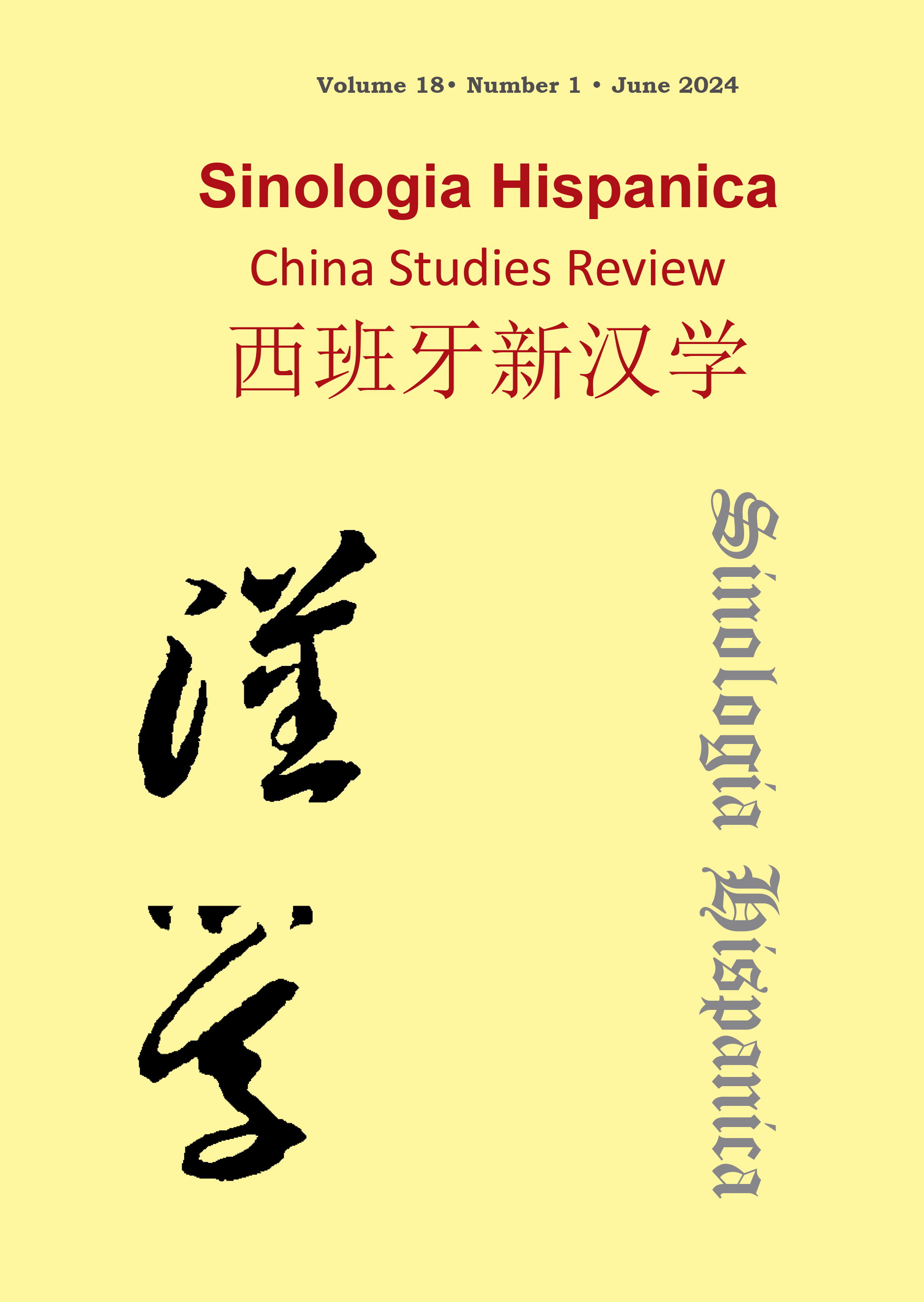El ChatGPT como agente conversacional en el aprendizaje de la lengua china para los hispanohablantes
DOI:
https://doi.org/10.18002/sin.v18i1.8428Palabras clave:
ChatGPT; Educación Internacional de Lengua China; comunicación intercultural; análisis conversacional; inteligencia artificialResumen
Partiendo de la aparición repentina de la inteligencia artificial como ChatGPT, el presente estudio pretende encontrar un sendero de cómo utilizar este modelo lingüístico en el dominio de una segunda lengua, en este caso, el idioma chino. Y proponer nuevas ideas sobre las estrategias de aprendizaje de la lengua china en el entorno español, con el objetivo de mejorar la eficacia de la enseñanza no inmersiva al incorporar herramientas como ChatGPT. Poniendo especial atención en el desarrollo de habilidades conversacionales, se analiza el papel de ChatGPT en la comunicación con los estudiantes de chino para evaluar la efectividad, precisión y relevancia cultural de la inteligencia artificial en la comunicación. Los resultados sugieren que ChatGPT puede aumentar la motivación de los estudiantes para comunicarse, mejorar la precisión del contenido de aprendizaje y satisfacer sus necesidades de conocimiento de forma relativamente objetiva, lo que contribuirá a reducir barreras interculturales.
Descargas
Métricas alternativas
Publicado
Versiones
- 2026-01-22 (6)
- 2024-07-16 (5)
- 2024-07-16 (4)
- 2024-07-16 (3)
- 2024-07-15 (2)
- 2024-07-07 (1)
Cómo citar
Número
Sección
Licencia

Esta obra está bajo una licencia internacional Creative Commons Atribución-NoComercial-CompartirIgual 4.0.
Sinologia Hispanica. China Studies Review considers all manuscripts on the strict condition that
- The authors grant on a nonexclusive basis the exploitation rights (reproduction, distribution, public communication and transformation) of the work accepted for publication to the University of León. The authors can establish, on their own, additional agreements for the non-exclusive distribution of the version of the work published in the journal (for example, placing it in an institutional repository or publishing it in a book), always acknowledging the initial publication in this journal.
- The manuscript is your own original work, and does not duplicate any other previously published work, including your own previously published work.
- The manuscript is not currently under consideration or peer review or accepted for publication or in press or published elsewhere.
- The manuscript contains nothing that is abusive, defamatory, libellous, obscene, fraudulent, or illegal.
- Please note that Sinologia Hispanica uses Turnitin software to screen manuscripts for unoriginal material. By submitting your manuscript to Sinologia Hispanica you are agreeing to any necessary originality checks your manuscript may have to undergo during the peer-review and production processes. Any author who fails to adhere to the above conditions will be rejected.
- Authors are allowed and encouraged to electronically disseminate the pre-print versions (version before being evaluated) and / or post-print (version evaluated and accepted for publication) of their works before publication, since it favors their circulation and earlier dissemination and with it a possible increase in its citation and scope among the academic community.
Sinologia Hispanica is under Creative Commons Attribution-NonCommercial-ShareAlike 4.0 International License. You can read more about this license in versión informativa and texto legal.










